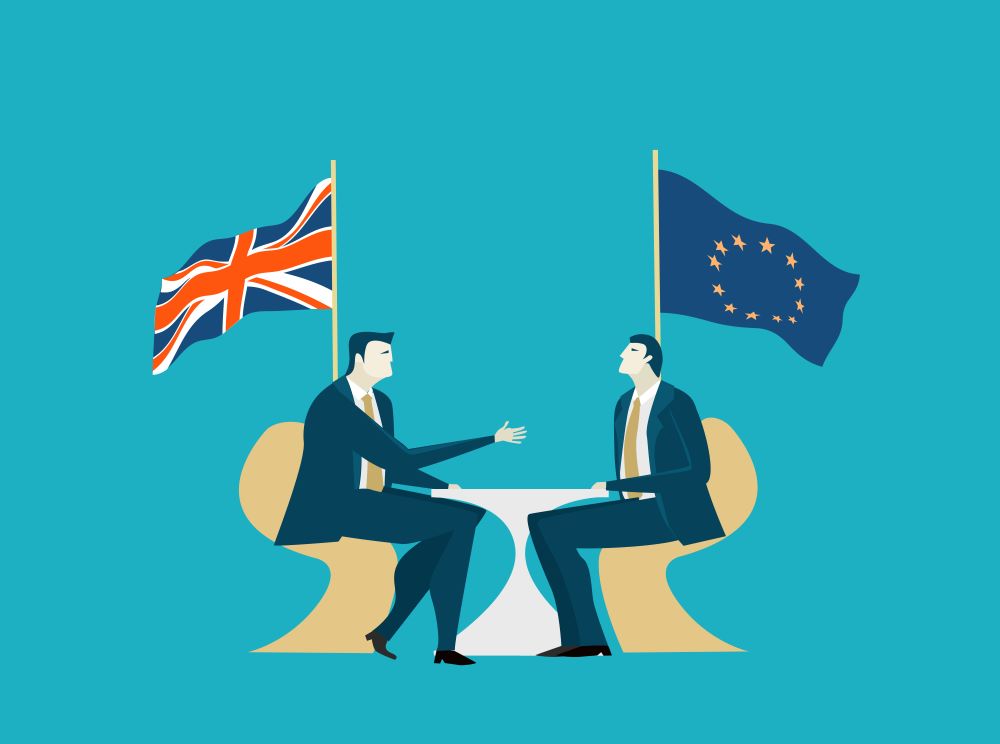
The British government has once again raised the stakes in its post-Brexit negotiations with the EU by yesterday (26 July) rejecting a series of proposals put forward by Brussels to ease the problems that have arisen because of the Northern Ireland Protocol.
The EU had made the suggestions following the UK’s demand last week to overhaul post-Brexit rules for trade between Great Britain and Northern Ireland.
The EU has since re-issued two papers, already seen by the UK government, covering medicines and food safety checks.
Remove checks
In the command paper last week, the UK government outlined proposals to remove all customs checks on goods entering Northern Ireland from Great Britain.
This included introducing a ‘full dual regulatory regime’ to allow goods to circulate in NI if they comply with either EU or UK standards, and ending the role of EU institutions in the enforcement of the Protocol.
The EU said in response that the Protocol was not open for renegotiation.
Difficulties
The two papers sent to London by the EU since have been found to not address all the problems the UK government was contesting.
Most notably, the EU’s stance would still see Northern Ireland remain in the single market, with the bloc’s customs rules continuing to be enforced on goods moving across the Irish Sea.
A government spokesperson told the Guardian that the EU’s proposals only represented “a small subset of the many difficulties caused by the way the Protocol is operating.”
In rejecting the EU’s response, the spokesperson said there was now a need for “comprehensive and durable solutions”.
Impasse
This latest rejection by the UK government further solidifies the impasse that negotiations have now reached.
The president of the European Commission Ursula von der Leyen has already said she will “not renegotiate” the original deal.
The UK's Brexit minister Lord Frost has said border checks imposed on goods from Great Britain were proving to be unworkable.
If tensions cannot be defused, the stage could now be set for the UK government to make good on its threat to activate Article 16 of the Brexit agreement, which allows for parts of the deal to be unilaterally overridden.
Trade war
Trade officials and business leaders told the Independent last week that time was now running out to reach agreement ahead of the introduction of extra rules which the UK agreed to when signing up to the Protocol in the 2019 Withdrawal Agreement.
The Independent claims non-movement by the British government in the talks could push the UK and EU into a tit-for-tat trade fight.
However, Frost has said he is also committed to trying to negotiate further changes to the terms over the rest of the summer.
A government spokesperson said: “The EU’s proposal was a welcome start, but it would be complex to operate, onerous and would not deal at all with those medicines, such as new cancer drugs, which under current arrangements must be licensed by the European Medicines Agency in Northern Ireland.”



